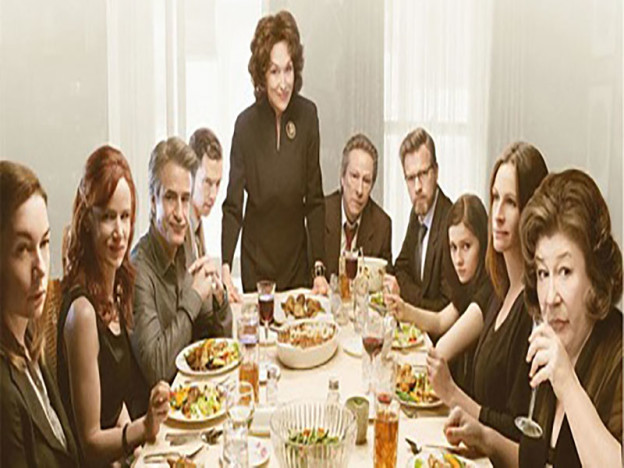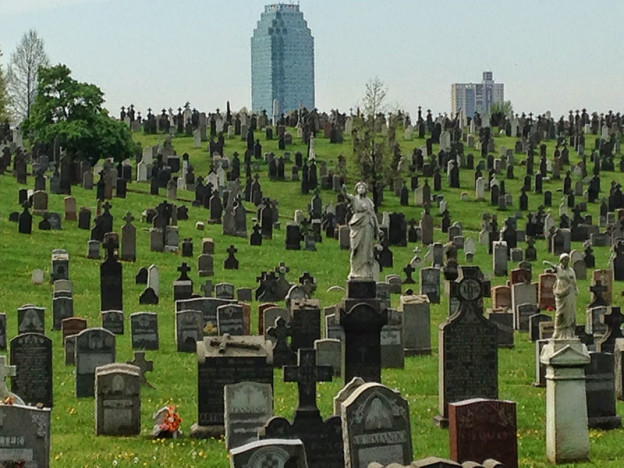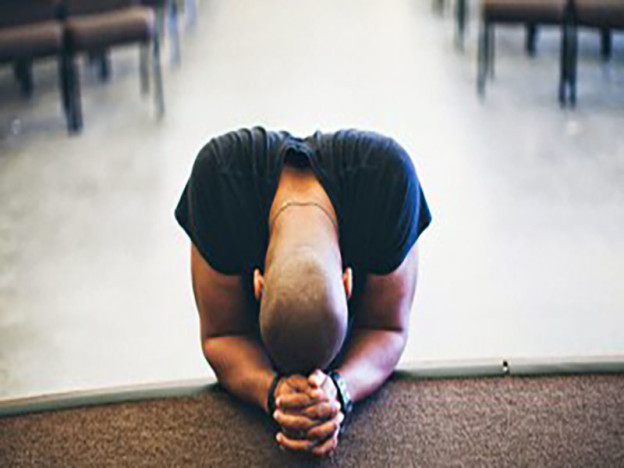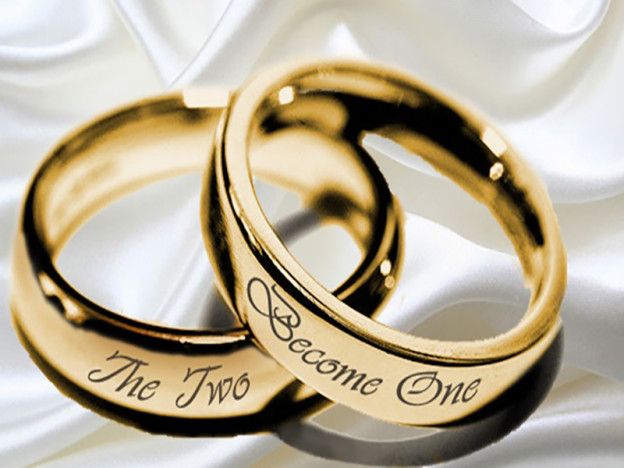 I recently (several weeks ago) took a small-guided tour to visit major Islamic sites in Richmond. The local Muslim population is growing as it is across the nation. The excursion took me to the Islamic Center of Virginia (ICVA) in time for a Friday service. Here’s a brief glimpse from my perspective of the experience.
I recently (several weeks ago) took a small-guided tour to visit major Islamic sites in Richmond. The local Muslim population is growing as it is across the nation. The excursion took me to the Islamic Center of Virginia (ICVA) in time for a Friday service. Here’s a brief glimpse from my perspective of the experience.
Turning onto the ICVA property, you quickly notice several uniformed officers. You wonder, but soon realize their presence is primarily for traffic control. The parking lot is nearly full as we are directed by the aid of a uniformed officer to a grassy space. After parking the vehicle, our party of three made our way to a building entrance where we saw people entering and exiting. Before entering the service, I sat down to remove my shoes and place them in an available space among hundreds of shoes shelved and placed on the floor. I entered the service. The room was packed with hundreds of men sitting on the floor. The women were located in another part of the facility. Men and women worship separately. A few chairs line the wall in the back – primarily for non-Muslims. I made my way toward the back to sit. People are still pouring into the full room.
Monzer Taleb was the guest speaker. He was in town for a “motivational” speaking event that evening. He was articulate, well spoken, and convincing. His message focused on the need to help orphans. Muslims for Humanity was his cause and their effort to care for orphans in Africa. He identified well with his audience using current illustrations and teaching from the Qur’an. I had hoped to both see and listen to the Imam. He is very much the American face of Islam in the region. The audience in the service was attentive and participatory when appropriate. The ethnic composition of the room was interesting. I was one of less than six white faces. The bulk of others present would identify with either Middle Eastern or North African heritage. If this is a typical composite of Islam in Richmond, Islam’s local growth would be primarily migrant rather than convert or proselytized growth. My only “awkward” moment was the prayer time or Muslim’s worship. During the reciting of prayers, I thought to myself, “What should I pray?” The god is Islam is clearly not the God of Christianity. So how do you pray as everyone in the room is praying to something else? Is this how the prophets of old felt as the masses entreated the gods of other nations? This is definitely a topic for another post.
At the conclusion of the service, I made my way toward the exit – slowly moving with the crowd. I wasn’t in any particular hurry to leave, but found it interesting that I was never engaged in conversation. While I didn’t try to initiate a conversation nor did I give off the appearance of being anti-social. People were obviously talking to one another. I was definitely the odd man out.
The story takes an interesting twist after returning home. Interested in learning more about the speaker, I did a simple search for Monzer Taleb including several spelling variations. My first reaction, I didn’t necessarily like what I found – definitely put me ill at ease. Monzer Taleb is an Islamic scholar and motivational speaker. He is also a panel discussion participant on topics such as Sharia law. Over the past couple of years, I’ve made connections with Muslims – both practicing and former. For clarification, I contacted a number of sources (including ICVA) and an indirect contact to Monzer Taleb in an attempt to verify his story and past. My question, “Is this the Monzer Taleb with ties to Hamas?” Hamas is an organization with proven ties to terrorism and a distinct hatred for Israel. To date, my inquiries have basically gone ignored. A simple question continues to go unanswered. Choosing to ignore an inquiry of this sort only creates greater suspicion. If this man is one and the same, I have some grave concerns that a voice of hatred, annihilation, and terrorism moves in and out of our community unnoticed. Additionally, it creates a cloud of suspicion regarding Muslim activity in the Richmond area. I certainly hope this is not the case.




Informative and interesting!
I really enjoyed reading your perspective as a visitor to the male side of a mosque in the US. My only perspective is visiting mosques in foreign countries. And only a peek in the male side if not on an official guided tour. First I found your comment about parking interesting. As I recall, I’ve never seen any parking lots near a mosque- everyone walks. And part of the preparation, such as feet washing or communal gathering, is often on the walk or common pathway to the mosque. It seems part of the worship experience is in the gathering up, if you will. I can recall vividly the crowd getting larger and larger as one gets closer to the mosque- especially at Hassan II in Casablanca or the mosque in
Marrakech. Another difference- I was surprised to read of the accommodation of non- Muslim guests! There are official tours available at non- worship times. You tour in a subscribed way without total access. But I don’t recall any seating or similar even on the tour path. Certainly nothing for a spectator during the prayer/worship service. On the Temple Mount in Jerusalem all I got was a peek into the mosque and touring externally. After reading your blog, I wondered about call to prayer or minerettes? Interestingly I’ve often been told that the person that does the call to prayer is one of the highest paid positions in the city. Now, however, these highly paid people make recordings and you can often see the speakers in the minerettes.
I visited mosques out of curiosity. I appreciate the intricacy of the architecture, even the beauty of the doors and tile work. After reading your blog, I’m surprised I never ask myself what I should do in regard to my relationship to God during my visit- should I pray, should I ask for forgiveness for being there, should I explain to God why I’m there, etc. I find it easy to pray any where I am- the car, the kitchen, alone, in groups, etc. So why didnt I have a thought about praying in the mosque- if nothing else but a rebuttal or my own declaration of the true and only God. Maybe I am not acknowledging the religious experience that is occurring because it is not one for me. Thanks for giving me something to think about. Donna F.
Very interesting and disconcerting.
Very interesting and informative perspective. It reminded me of Daniel in the lions’ den. Thanks for sharing the experience, Brad!
The three of you who went to the ICVA stepped out of your comfort zone. I commend you for seeking out the truth about the Muslims here and across the nation. I think they should have greeted you as a vistor and talked to you, like we would do if they came to our church for a service. I hope the speaker Monzer Taleb does not have ties to the Hamas. I worry too about the haterd towards Israel and our country. There is a mosque on Buford Rd. in Chesterfield right near my Father’s home. It has a parking lot and has been there for years. I wonder about the muslims who worship there. I do not understand everything about the Muslims. They do scare me ever since the 9/11 attack on our nation. My son fought in Iraq. He told me when he came home in July 2004 that when the war ends, they would have civil war because of the religious sects, etc.that has gone on for thousands of years. He was right. When we pulled all of our troops out, they have had fighting and bomb explosions.
The whole thing with Monzer Taleb is rather interesting. Several sources were readily willing to help secure a contact with Taleb for me. When the question come about his possible past, the lines of communication quickly disappeared. Logical thinking – if Monzer Taleb isn’t the guy, I would have thought he’d be willing to say so. But, simply being quiet and ignoring the question only raises suspicion that perhaps he is the man.
Brad, It is great that you visited a local mosque. It would have been nice for someone to have known you were coming to help explain parts of the service and perhaps introduce you to people there. I would like to clarify something you wrote. You stated, “During the reciting of prayers, I thought to myself, “What should I pray?” The god is Islam is clearly not the God of Christianity. So how do you pray as everyone in the room is praying to something else? Is this how the prophets of old felt as the masses entreated the gods of other nations?” I imagine the prayers were in Arabic, so you didn’t understand them. However, this alone can’t be the reason you think Muslims pray to another God. Muslims indeed share belief in the same God of Christians. To Muslims, there is only one God, and he created all men and women – regardless of their faith tradition. Muslims go through different worship movements than Christians, and perhaps that threw you off. Muslims follow the way of Abraham, Moses and Jesus, as they prostrated in prayer to God. Muslims revere Jesus and he’s mentioned many times in the Quran, and in every Muslim prayer, 5 times a day, Abraham is mentioned. The diversion is in relation to the trinity. Muslims believe in the oneness of God. As to your comment about Gods of other nations – Muslims don’t recognize nations or national borders are divisions in mankind. Believers, whether they be Muslim, Christian, Jewish are all children of God in Muslims’ belief. I’ll conclude with a portion of the prayer you would have heard in the service but probably didn’t understand because it would have been in Arabic: It is called the Fatiha (the opening) and is the first verse recited in every one of the 5 daily prayers. It goes like this: In the name of God, the Beneficent, the Merciful
Praise be to God, Lord of the World,
The Beneficent, the Merciful.
Master of the Day of Judgment,
Thee (alone) we worship; Thee (alone) we ask for help. Guide us on the straight path,
The path of those whom Thou hast favored;
Not (the path) of those who earn Thine anger nor of those who go astray.
This could be a Christian prayer, a Jewish prayer, because Muslims are monotheistic believers in God. I commend your desire to learn more about Muslims, and if you allow yourself to look past the color of their skin and their clothing and the language of the prayer and learn what they really believe in, you may find yourself surprised that they don’t measure up to the stereotypes spread in certain media circles.